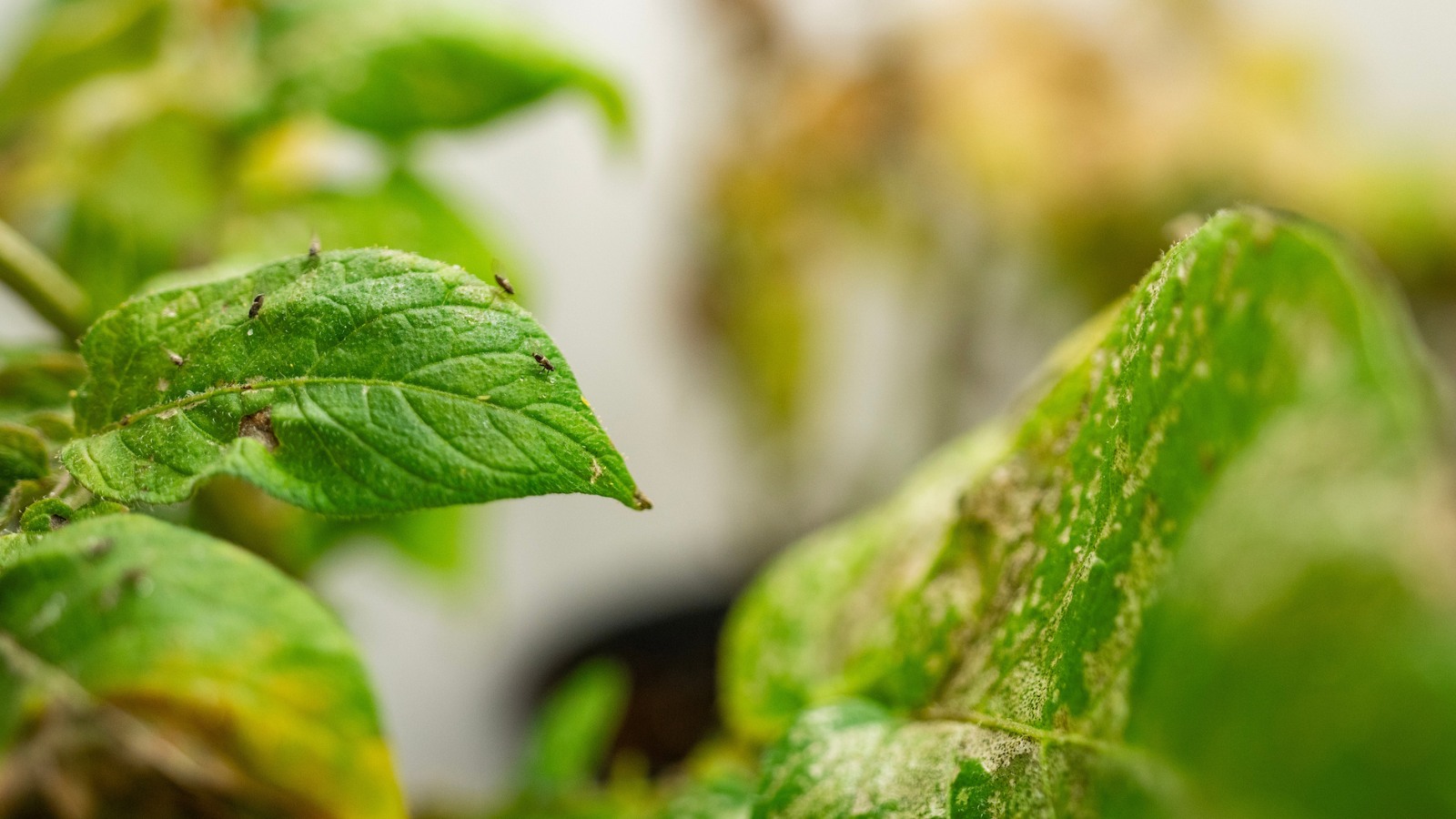
Entomology-Vector Biology
Addressing crop-threatening diseases transmitted by insects with integrated pest management (IPM) strategies.
The Rio Grande Valley (RGV) offers favorable conditions for vegetable and fruit production, benefiting from its mild and warm weather during the fall and winter seasons. However, these ideal conditions also attract a persistent influx of insect vectors that pose a constant threat to crops. These vectors not only cause direct feeding damage but also transmit harmful pathogens, exacerbating the risk of plant diseases.
The Entomology-Vector Biology program is dedicated to studying the physiology of agriculturally important pests. The program aims to identify sustainable Integrated pest management (IPM) strategies that can complement existing chemical products and application schedules without promoting resistance. By combining various approaches, these strategies aim to safeguard crops from both vector-borne diseases and feeding damage, ensuring the long-term health and productivity of agricultural systems in the Rio Grande Valley and beyond.
IPM strategies, primarily focused on vector control, play a crucial role in preventing infestations and minimizing the spread of diseases in commercial agricultural systems. However, the effectiveness of chemical control methods, such as insecticide applications, is being increasingly undermined by the development of resistance among insect populations.
Faculty

Freddy Ibanez-Carrasco, Ph.D.
Assistant Professor
